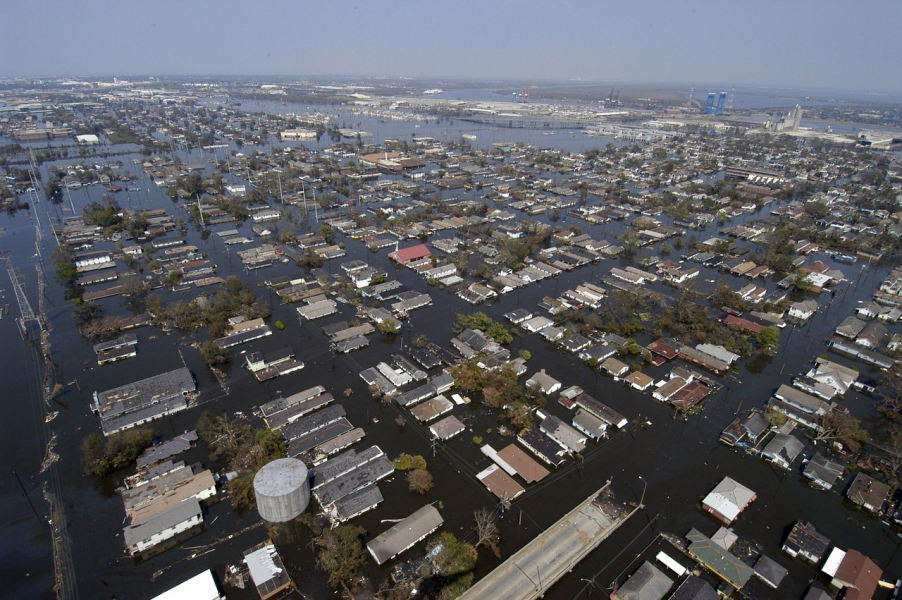Climate resilience is increasingly prioritized by international development agencies and national governments. However, current approaches to informing communities of future climate risk are problematic.


Climate resilience is increasingly prioritized by international development agencies and national governments. However, current approaches to informing communities of future climate risk are problematic.

The potential of the proposed local communities and Indigenous peoples’ platform to effectively engage traditional ecological knowledge (TEK) for climate policy is evalutated.
Despite decades of producing climate change knowledge and engaging in science communication and policy advising, there is still no discernible structural shift from a high‐ to a low‐ or even zero‐carbon‐emissions development pathway.

Adaptability would reduce vulnerability to global climate change, but requires better communication between researchers in the field.

Pest Management Science: on climate change, resistance, the challenges and opportunities for RNA interference in pest management, and more.

Understanding why some people are especially vulnerable to climate change is an important step toward developing effective climate change response measures.
Climate change is causing loss and damage for people and places across the globe.

Urban India’s response to climate change.
The research reviewed from these social science disciplines highlights that among the key human factors contributing to climate change are the roles of and connections among economic conditions and development; demographic growth and changes; power, social stratification and inequality; technology; infrastructure; and land-use change.

Exploration of three exciting lines of inquiry – organized around the concepts of experimentation, horizontal coordination, and vertical integration – signalling the need for greater attention to the politics and power relations that are shaping the global urban response.